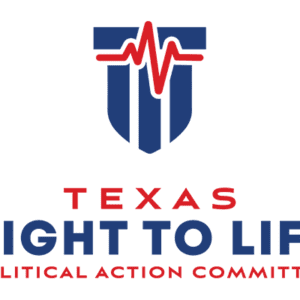When scientific ethics default to consequentialism, preborn children are the victims
Researchers are studying effective ways to take kidneys from aborted unborn humans, transfer them into lab rats, and grow them large enough for transplantation into older humans. Researchers feign concern for children and adults in need of new kidneys, but their sentiments are belied by their intention of [ab]using the most vulnerable humans to accomplish the goal.
The ethical system at-work here is consequentialism, summarized by the aphorism, the ends justify the means. In this case, the end of providing a living person with healthier kidneys than the ones they already have justifies the brutal destruction of smaller, more helpless humans. When this ethical system governs medical science, a massive omission is committed: that is, when medical professionals do not recognize the inherent value of all human beings, medicine has failed in the most fundamental duty of protecting every human life.
A consequence (or, perhaps, a catalyst) of this ethical system is the profit-centric business model that governs modern medicine. Replacing the basic altruism that motivated physicians for millenia, many factions within the modern healthcare industry view humans as profit machines instead of persons. NPR iterated this trend in 2012 with a feature entitled, Calculating the Value of Human Tissue Donation. In the piece, Chris Truitt shares his unsettling experience over the course of several years in the tissue donation industry (to be distinguished from the organ donation industry – ‘tissue’ includes bones, skin, veins, etc.).
Truitt is a former advocate of tissue donation. He tragically lost his two-year-old daughter in 1999 and witnessed the way in which her donated tissues helped another little girl her age to survive. Unfortunately, Truitt’s years in the business also taught him harrowing lessons about the profit-centered model that really drives the tissue donation industry from the inside. Truitt’s motives for being in the tissue donation business were altruistic, and initially the company at which he worked was a nonprofit. However, when the company was purchased by a for-profit corporation, things quickly went south. Truitt told NPR:
Instead of being stewards of the gift, instead of recovering what the family wanted and treating each donor with the ultimate in respect, the company was actually looking at each donor as a profit machine, as nothing more than raw resources, and it was our job to take as much of those resources as we possibly could.
Viewing any human – alive or deceased – as a “profit machine” is a testimony to the culture of death’s pervasive hold on the medical community. Similarly, when death panels determine the value of human life based on healthcare cost analyses, we see another tragic example of money’s inappropriate role in ethical decisions. When even the most vulnerable prebornchildren are viewed as a means to an end that does not respect and protect them – as is the case with the aforementioned kidney harvesting – we know that things have gone too far. At Texas Right to Life, we work to ensure that laws hold the medical community accountable for putting human Life first in every healthcare decision.




